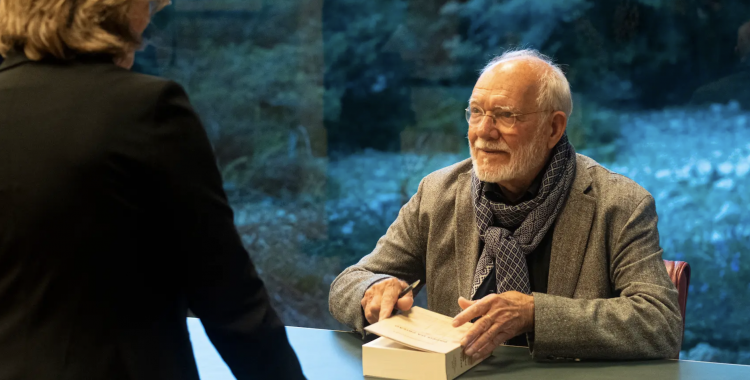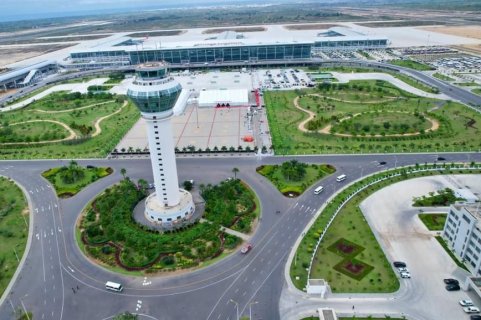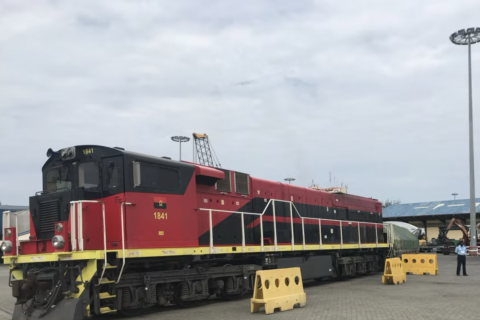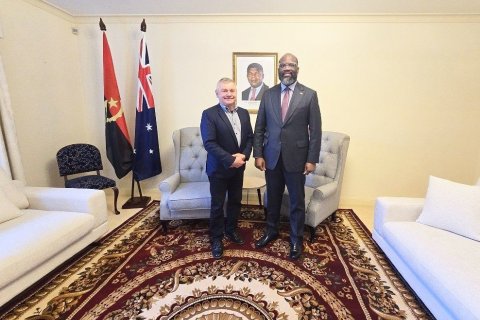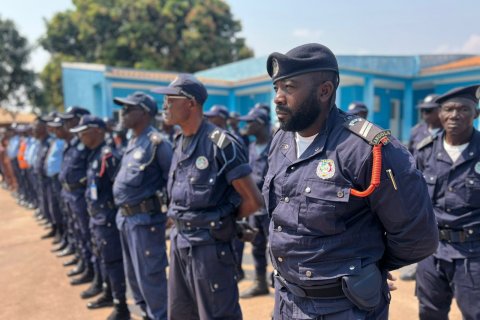Organized by the Municipal Council of Ourém, through the Municipal Library, in partnership with the Calouste Gulbenkian Foundation and the Polytechnic Institute of Tomar, the Conferences "Luuandando with José Luandino Vieira – The stories of yesterday, today and tomorrow" aim to promote and celebrate the work of one of the most important names in Portuguese-language literature, keeping alive the connection with the place where Luandino Vieira was born on May 4, 1935.
Born in Lagoa do Furadouro, in the parish of Nossa Senhora das Misericórdias, José Luandino Vieira left Ourém as a child, spending his childhood and youth in Luanda, Angola.
Naturalized Angolan, he became involved in the fight for Angola's independence and was imprisoned for more than a decade during the Salazar regime, spending eight years in the Tarrafal Concentration Camp, in Cape Verde.
In 2006 he was awarded the Camões Prize, a distinction he refused because he had not written for 30 years – "I considered it an injustice to colleagues who had worked and made an effort over the years" – and "because he didn't like money", the writer told the Lusa news agency in 2009.
The trajectory, work and also the personality of Luandino Vieira will be remembered in Ourém on the 24th and 25th of January, in the days that close several months of work by many students in the municipality.
"He was born in Lagoa do Furadouro, but soon left Ourém and, in fact, never again had a direct connection with Ourém, apart from his friendship with Sérgio Ribeiro [historic PCP deputy, born in Ourém and deceased in 2024]", explained to Lusa the Councilor for Culture, Isabel Costa.
In 2024, the municipality awarded the medal of cultural merit to Luandino Vieira, but had never organized anything about the writer, recalls the Portuguese mayor. "We asked a lot of people here in Ourém and Luandino was a completely forgotten person."
To revive the memory of this connection to the winner of the Camões Prize in 2006, in October of last year, actions began on the initiative of the municipal library and school libraries, bringing the story of the writer and his work "to many thousands of students, from the youngest to those of the 12th [year]".
The result was "a fantastic set of works, full of variety", on display in the library and, during the conferences, at the Municipal Theatre of Ourém.
"The days may not yield much results, but it was essential for the entire school community to have taken on this challenge. The children got to know, the parents got to know. Now we are no longer where we were four months ago", when Ourém almost ignored Luandino Vieira, Isabel Costa stressed, pleased that "those small 'roots' that remained from that very initial connection were not lost".
"Finally people know who Luandino is, because they heard about Luandino, in his writing style."
"Luuandando with José Luandino Vieira" brings together specialists in Ourém who work on the writer's work, in two days of reflection on "all its particularities", starting with the creation of words that cross "Portuguese and the language of the Angolan people".
"Luandino is almost a precursor of the type of language used by writers that we read so much today, such as Mia Couto or Agualusa", highlighted Isabel Costa.
The program also includes a staged reading, by Trigo Limpo/Teatro ACERT, on Friday afternoon.
Currently living in Portugal, in Vila Nova de Cerveira, the writer, aged 89, was invited to participate, but the councilor suspects that he will not attend.
"He's already a bit old and doesn't always like being on display. We thought he might not come, but we took photos of a series of works that the schools did and sent them. The invitation was made, but [if you don't come] that doesn't mean the work isn't important nor is it why we won't experience it", concluded Isabel Costa.

